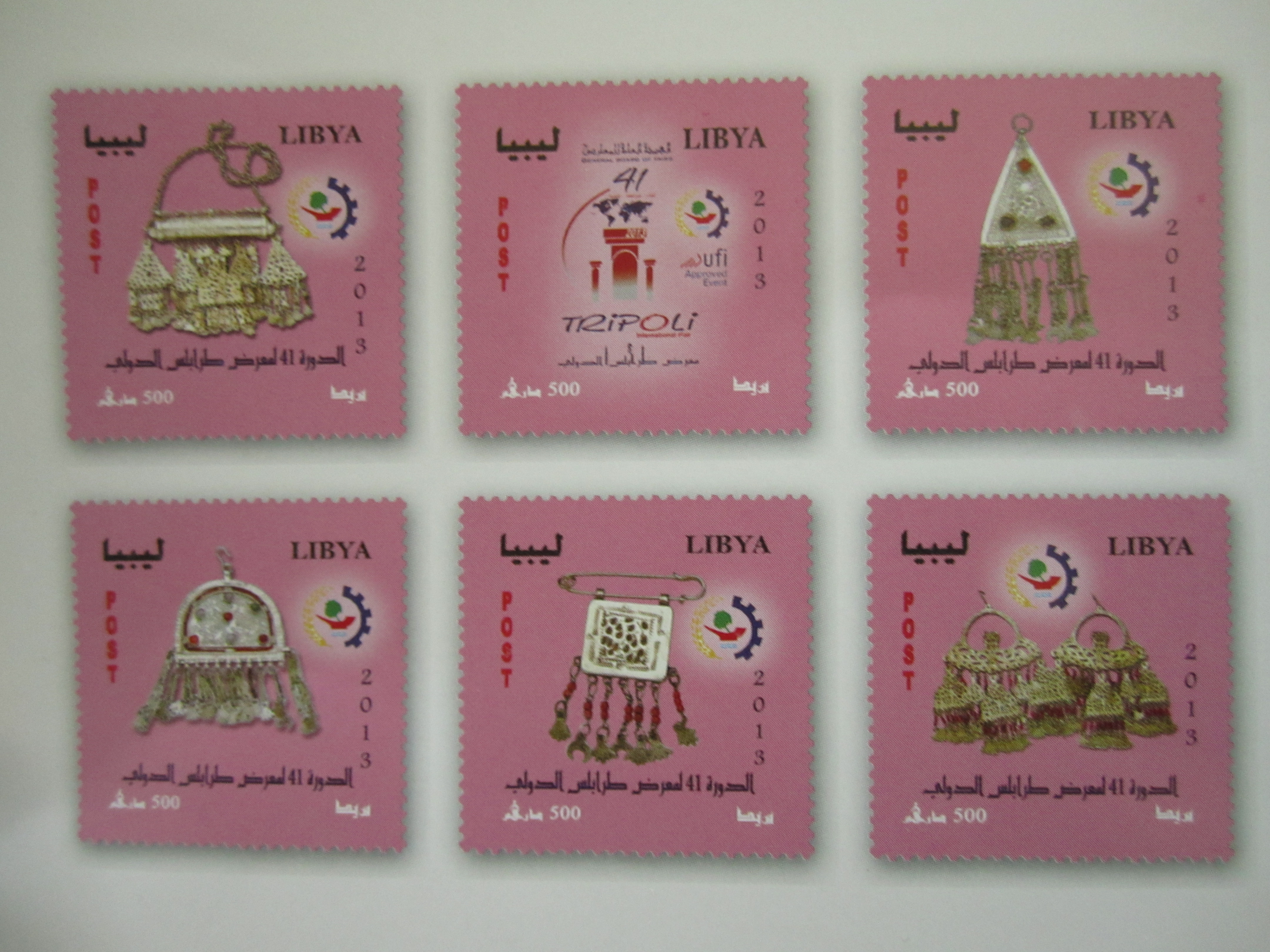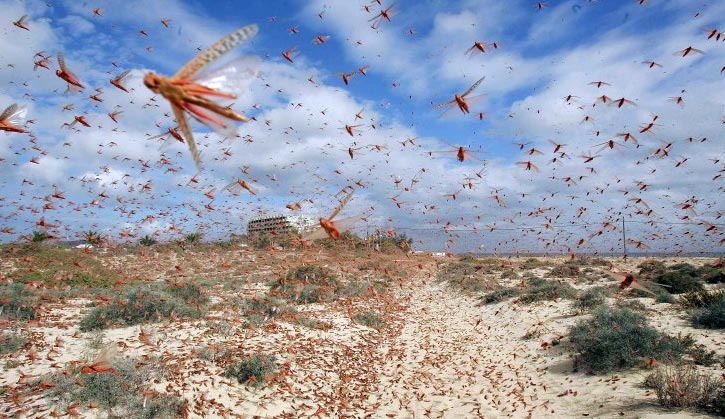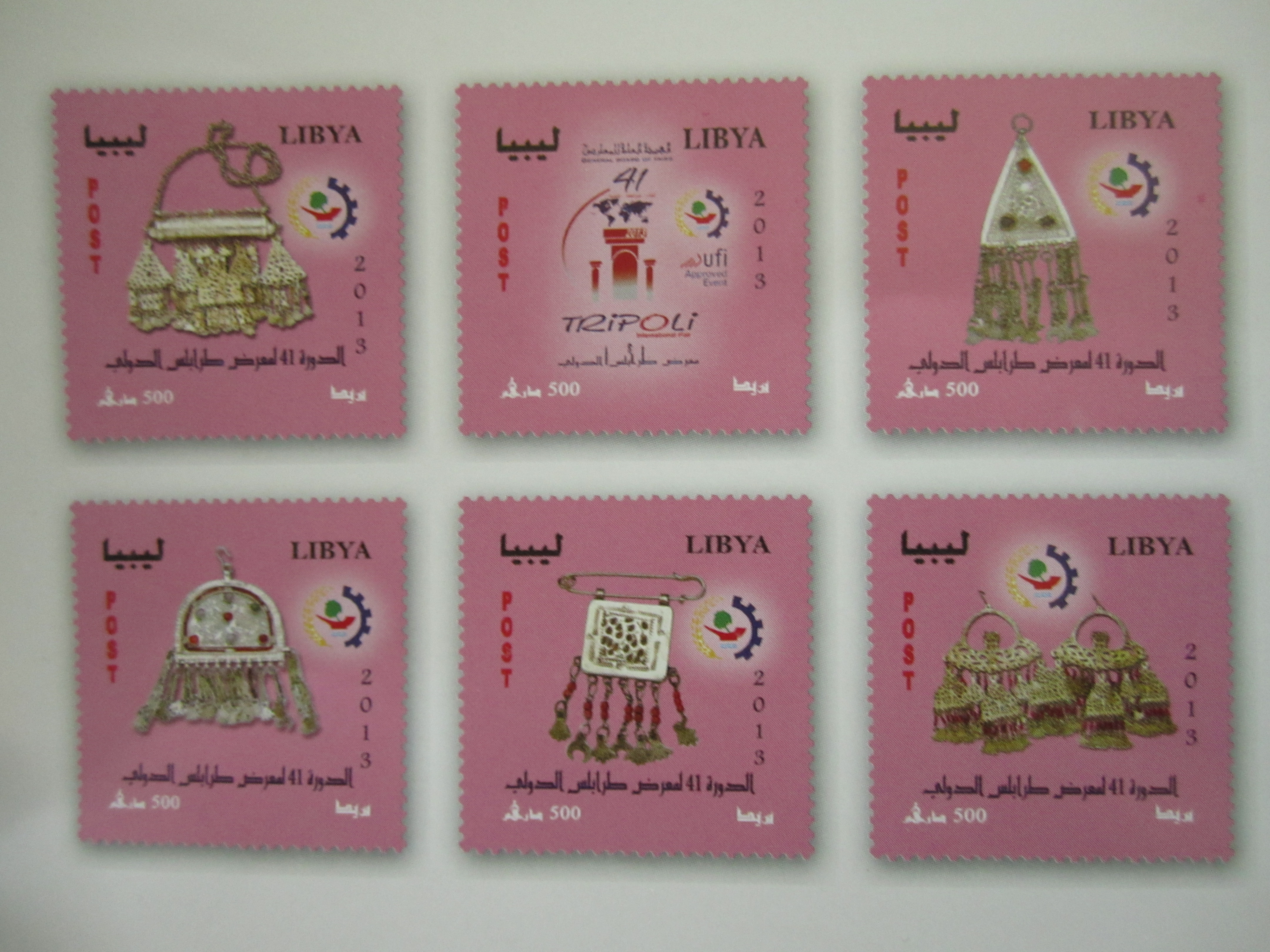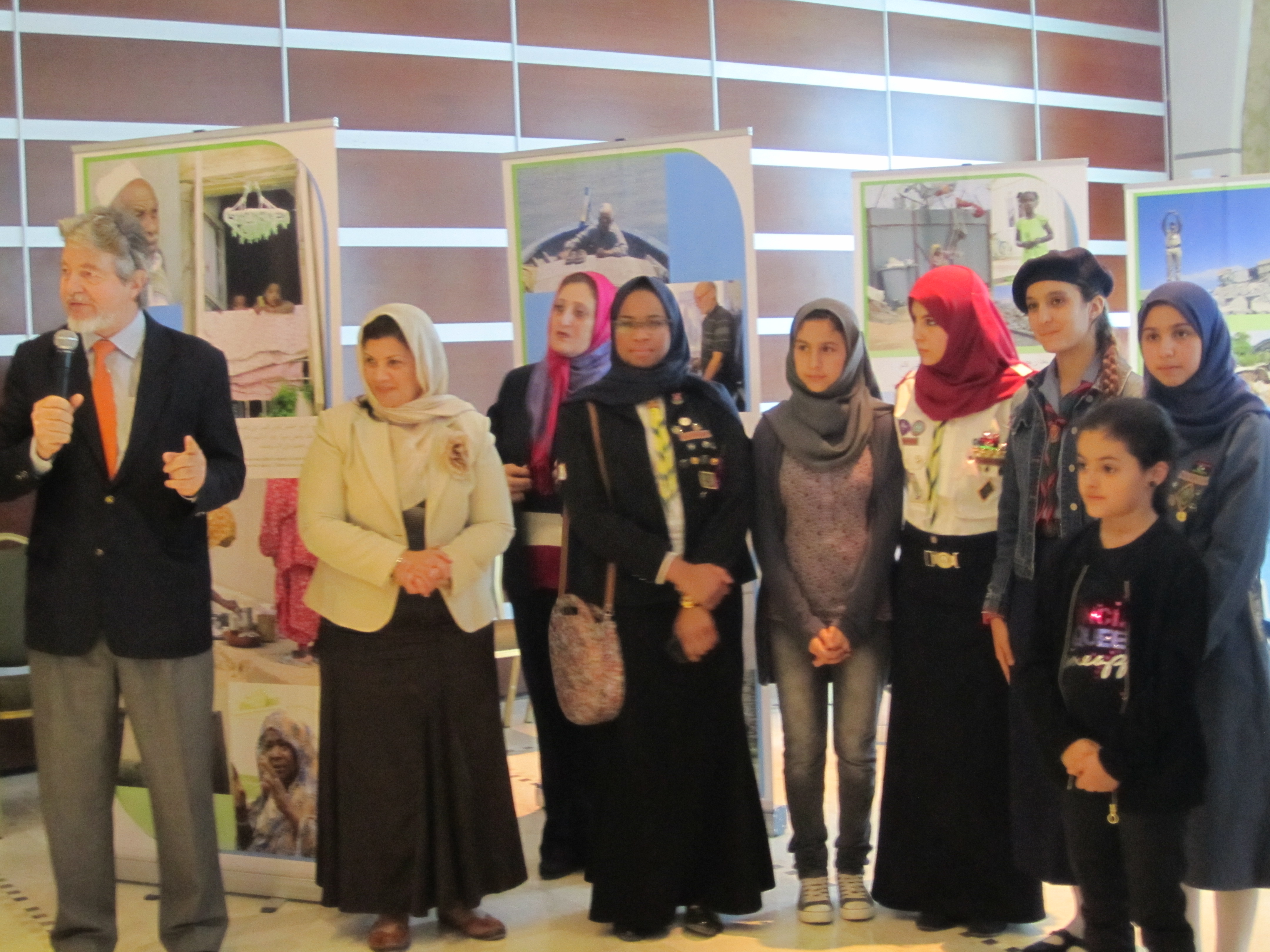By Reem Tombokti and Seraj Essul.

Tripoli, 9 April 2013:
Tripoli residents are still flocking to the 41st Tripoli International Fair (TIF), which . . .[restrict]could be one of the best-spent 250 dirhams in the capital.
With hundreds of stands from around the world, the fair offers a chance for visitors to interact with international traders. Locals can be found perusing persian rugs, and finding out why Sudanese arabic gum is essential to the making of Pepsi-Cola.
France is the only European country to have a whole pavilion at the fair, with 22 French companies represented. “We are keen to show the Libyan people that France is here,” the director of Unifrance, Igor Chlapak, told the Libya Herald, “and, participating since 2000, we are very committed to this fair.”
The president of the French-Libyan Chamber of Commerce, Michel Casals, said that of the 50 French companies operating in Libya before the revolution, around half had resumed work. He added that France was keen to help Libya rebuild its country.
“Everywhere you look there are opportunities,” Casals said, “there is a huge amount of work to be done.” He said French companies would have to fight for contracts, as competition would be tough, but he added that he felt that France and Libya had had strong links since 2011.
Libyan companies and organisations are also well-represented with the National Oil Company (NOC) and the Ministry of Agriculture occupying large sections of the fair, giving international and local traders the chance to find out more about what is going on in Libya.
The locust-fighting department of the Ministry of Agriculture has one such stall, with displays of locusts, both dead and alive. “Locusts have no season, they can come into Libya all year round,” the head of the locust-fighting exploration department, Al-Arabi Al-Alalim, told the Libya Herald. “There is a greater chance of them coming in rainy and humid conditions,” he explained, “and, depending on the direction of the wind, they can blow in from neighbouring countries.”
Libya’s locust-fighting team, which is based in Ghat, is working at a reduced capacity. Much of their equipment was destroyed, stolen or lost during the revolution, but they have some new specialist supplies on order. Al-Alalim said that locusts were a serious problem in Libya because of the extensive agricultural damage they cause.

There are also opportunities to see examples of traditional Libyan clothing and buy local craftwork. Tripoli’s Oya-I silver shop had a stall where jeweller Abo Gres delighted visitors by using traditional methods of making jewellery, hammering designs into silver by hand.
The fair also saw the launch of this year’s TIF stamps, issued on 2 April and which will be valid for a year. This year’s stamps show the TIF logo and images of traditional Libyan jewellery.
The fair runs until this Friday 12 April. [/restrict]








